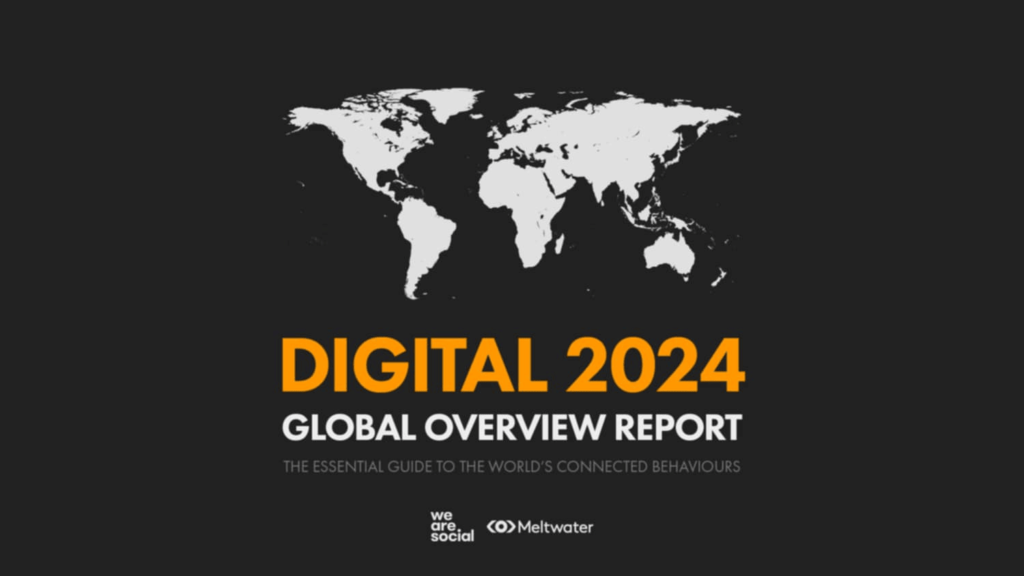
The digital landscape is evolving rapidly, and the Philippines continues to stand out as a leader in internet usage, online communication, and financial technology adoption. The latest Digital 2025 report by Meltwater and We Are Social highlights the country’s dominance in various digital metrics, from social media consumption to artificial intelligence (AI) engagement.
A Nation of Digital Communicators
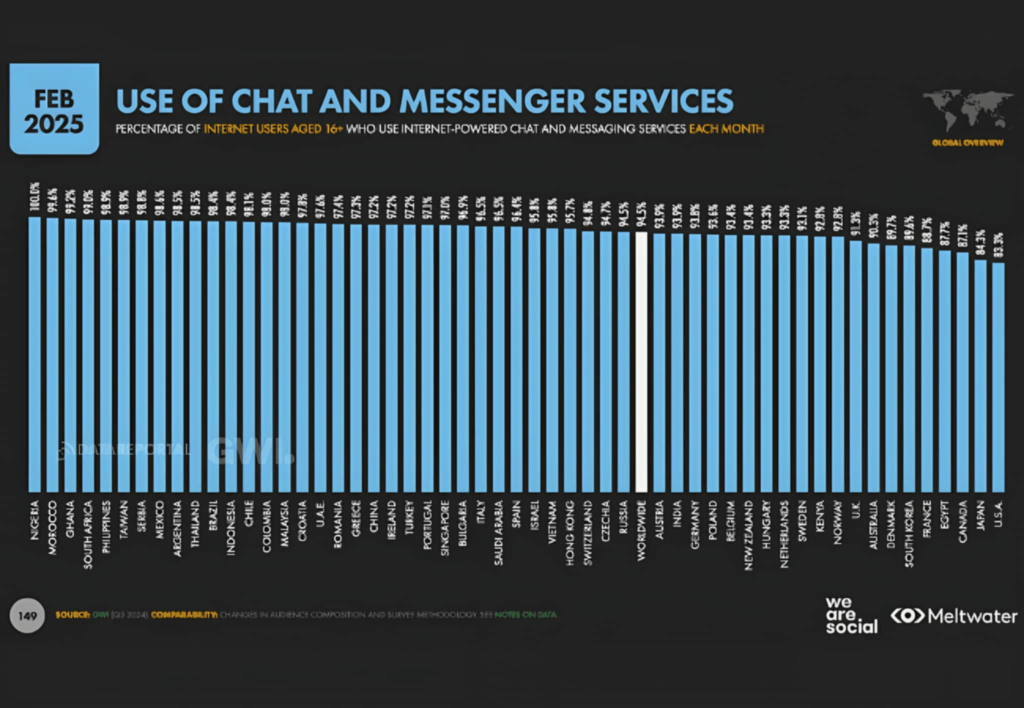
The average Filipino spends 8 hours and 52 minutes online daily, significantly exceeding the global average of 6 hours and 38 minutes. A substantial portion of this time—5 hours and 21 minutes—is spent on mobile devices, again outpacing the global benchmark of 3 hours and 46 minutes.
Filipinos are highly engaged in digital communication platforms:
– 98.9% of Filipinos use chat and messaging services monthly, surpassing the 94.5% global average.
– 94.2% use email services, far exceeding the 75.0% global norm.
– 49.5% of users engage in mobile video calls monthly, well above the 35.5% global average.
Online Banking and Financial Technology Adoption
The Philippines ranks first globally in online financial service usage, with 91.3% of Filipinos using banking, investment, or insurance apps monthly. This is significantly higher than Brazil, which ranks second at 74.8%, and well above the 37.8% global average. However, despite this high engagement in online finance, only 21.7% of Filipinos use mobile payment services like Apple Pay and Samsung Pay, indicating room for growth in the mobile payments sector.
A Nation of Digital Consumers Filipinos have embraced online video content and influencer culture, making the country a top performer in global digital entertainment metrics:
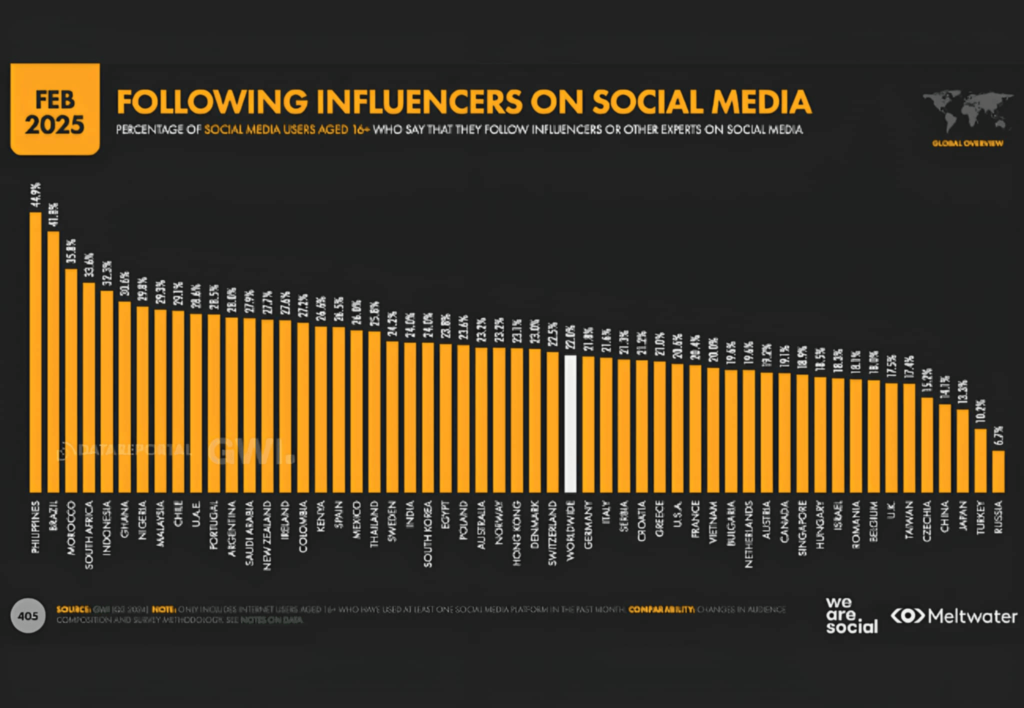
– 97.6% of Filipinos aged 16 and above watch online video content weekly, surpassing the 92.0% global average. – The country ranks second in using online videos for educational purposes, with 58.1% of users utilizing them for learning.
– The Philippines ranks #1 globally for watching blogs and online music videos.
– 96.6% of Filipinos aged 16+ play video games on any device, exceeding the 83.6% global average.
Dominance in Social Media
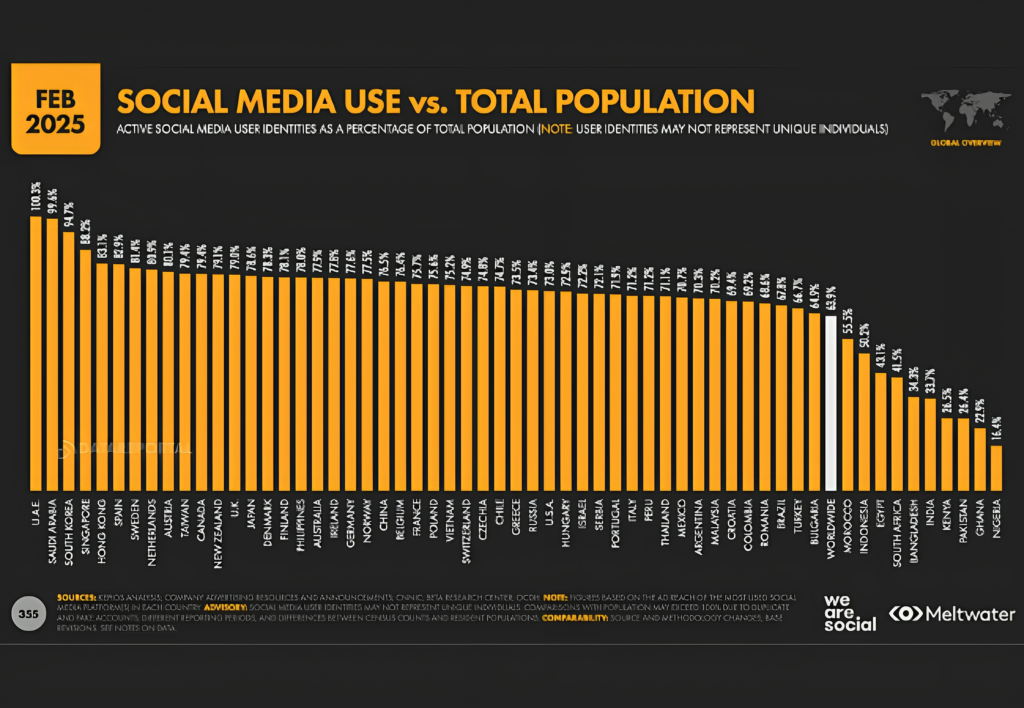
Filipinos also maintain a strong presence on social media platforms:
– Users spend 3 hours and 32 minutes on social media daily, ranking the country #4 globally.
– Filipinos engage with an average of 8.36 social media platforms monthly, placing the Philippines second worldwide.
– The country leads in following online influencers, with 44.9% of Filipinos aged 16+ engaging with social media personalities.
Artificial Intelligence and Digital Growth
The Digital 2025 report also highlights the increasing role of AI in digital interactions. ChatGPT leads the AI adoption race, with its mobile app attracting over 25 million active users monthly and ranking 8th among the most downloaded apps globally.
Other key global digital trends include:
– The number of internet users worldwide has surpassed 5.5 billion, with 136 million new users in the past year.
– 56% of online adults in top global economies make weekly online purchases.
– Adults over 50 account for more than half of all consumer spending, yet remain an underserved demographic in digital marketing.
– 22.1% of online adults globally listen to at least one podcast weekly.
– Concerns about data privacy have declined, with fewer than 30% of users worrying about how companies use their personal information.
The Future of Digital Marketing and AI Integration
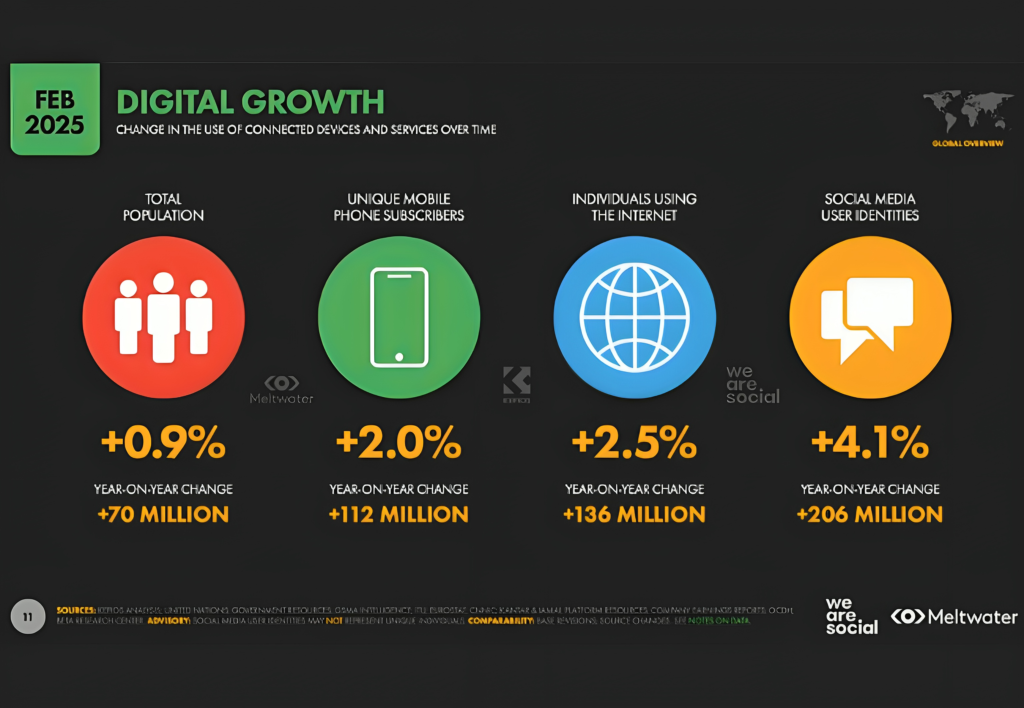
“With user behavior on social platforms continuing to shift, teams need data to inform decisions about what platforms to prioritize and create strategies for,” said Meltwater Chief Strategy Officer Alexandra Bjertnæs.
Toby Southgate, Global Group CEO at We Are Social, emphasized the importance of understanding digital culture, stating, “Social is where brands can win or lose—it’s central to brand discovery, consumer engagement, and commerce. To create effective work, brands need to understand the cultural nuances of the online world and create ideas worth talking about.”
As AI and social media continue to evolve, businesses and individuals must adapt to leverage these technologies for better engagement, productivity, and innovation. The Philippines remains at the forefront of this digital revolution, setting global benchmarks in connectivity and online participation.
How do you feel about this article?



